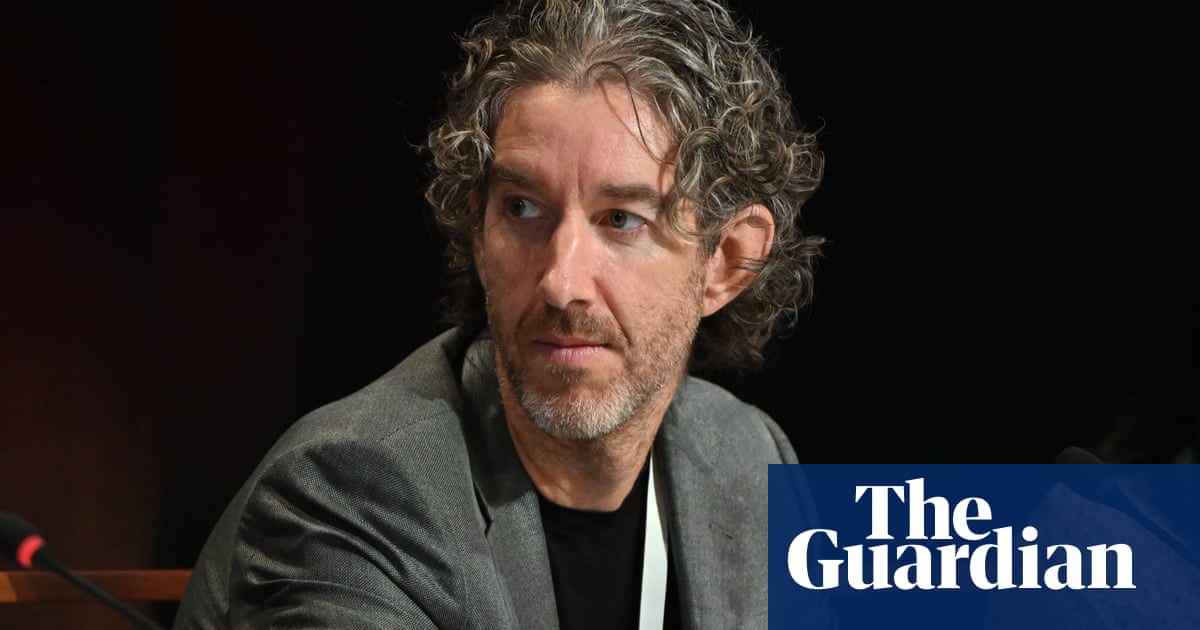Scott Farquhar to resign as joint CEO of Atlassian

- by Admin
- April 26, 2024

Scott Farquhar, the Australian tech billionaire and joint chief executive of software company Atlassian, will step down from his role at the end of August to spend time with his young family and focus on philanthropy, the company says.
Farquhar’s co-CEO, Mike Cannon-Brookes, will lead the Sydney-headquartered company, which has found huge success developing software that allows teams to coordinate resources on complex projects.
Set up just over two decades ago, the $76bn-plus (US$50bn) Nasdaq-listed company is one of Australia’s most successful startups, even taking into account a significant share price slump from its 2021 highs.
In a statement to shareholders on Friday, Atlassian said Farquhar was stepping away “to spend more time with his young family, improve the world via philanthropy, and help further the technology industry globally”.
Farquhar has three sons. The 44-year-old told analysts on an earnings call that, while it was a difficult decision, it was time to “pursue some other passions” including investing.
The change, which involves Farquhar assuming a special adviser role with the tech company, marks the end of one of the corporate world’s rare, long-lasting co-CEO arrangements.
Cannon-Brookes responded to his co-founder on X: “Mate. Thank you. It’s been one hell of a ride. Couldn’t be prouder.”
after newsletter promotion
The transition comes at a pivot point for the tech sector, with Atlassian signalling to investors that demand was surging for artificial intelligence-enabled cloud services.
Atlassian, which has over 300,000 customers, offers collaboration tools such as Jira software for planning and project management, and Confluence for content creation, among others.
The co-founders, who were friends from university, each have a net wealth of US$12.5bn, according to Forbes. They are among the most high-profile advocates of clean energy and emissions reductions in the Australian business community.
Farquhar is involved in Skip Foundation which is headed by his wife Kim Jackson.
Skip funds environmental, health and equal opportunity initiatives, as well as encouraging companies to donate a percentage of profit and staff time to charities.
– Additional reporting by Reuters
The Latest News
-
November 23, 2024‘My story’s still not done’: Joel Dahmen drains ticklish putt to make cut at RSM, keeps hopes alive of retaining tour card – Australian Golf Digest
-
November 23, 2024Australian PGA 2024: LIV Golf’s 54-hole starts good prep for rain-shortened event, says Herbert – Australian Golf Digest
-
November 23, 2024Australia v India: first men’s Test, day two – live
-
November 23, 2024Live Test updates: Indian speedsters continue rout of Australia as Bumrah takes five
-
November 23, 2024Live: Mitch Starc provides some resistance as India turn the screws on day two of first Test





